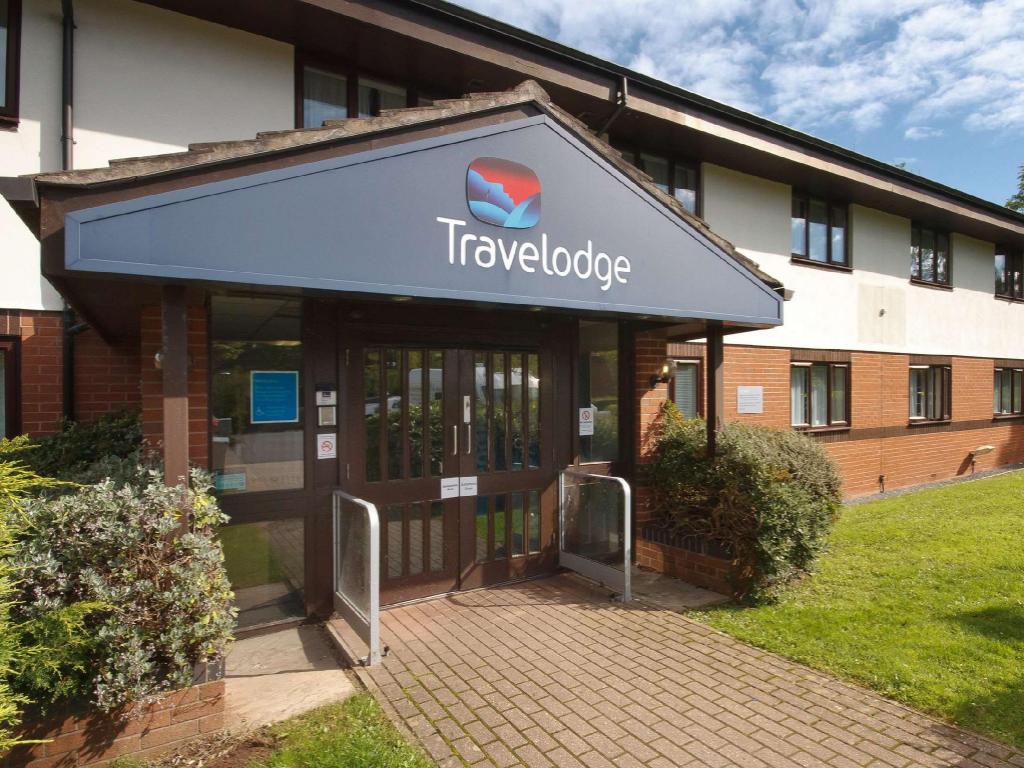News
Charity walk for WWII veteran raises both tensions and funds

ON SATURDAY (Sept 23) Pembrokeshire witnessed a charity walk that has since become a focal point of conversation, drawing both admiration and critique.
Organised by Darren Edmundson and promoted through the Twitter handle @98YearOldHomeless, the event began at the Pembroke Train Station at 10am and made its way to Tenby. Its objective was to raise funds for a 98-year-old WWII D-Day hero veteran, Alfi Guenigault, who had recently been served a no-fault eviction notice.
The campaign backing Guenigault has garnered significant support. Separately to the walk, A GoFundMe page titled “98Year homeless world war 2 veteran” was set up with an initial goal of £10,000. As of now, the fundraiser has reached a commendable £8,891, with contributions from 367 donors.
Dolly Drayson, the chief organiser of that fundraiser, outlined the pressing needs of the veteran.
Speaking to The Pembrokeshire Herald after the charity walk, organiser Darren Edmundson said: “It went really well; everyone completed the ten miles.
“It was so disheartening to witness the far-left’s Stand Up to Racism counter-protesting against a WW2 D-Day veteran who is 98-years-old.
“They were fully aware that this was a non-political event.
“Alfred Guenigault is among the mere six surviving British D-Day veterans – he unquestionably deserves our support.”

Yet, the event was not without contention. Allegations emerged suggesting a participant, who it was claimed bears resemblance to Adolf Hitler and named as Alex Yerbury, arrived in military attire.
This attracted the attention and concern of anti-racism campaigners, Stand Up To Racism Swansea, who staged a counter-protest in Pembroke. Their claims that some of the marchers appeared intoxicated added to the unfolding drama. A claim which was denied.
Stand Up to Racism West Wales, underscoring their prompt intervention, relayed their primary mission was to emphasise that right wing ideologies had no place in their community, resulting in the marchers being shown the exit.

This episode, a blend of genuine charity intentions and impassioned debate, serves as a poignant reminder of the deeply entrenched sentiments in west Wales.
As the fundraiser continues to gain momentum, the event’s aftermath is likely to be a subject of local conversation for a while.

international news
Data watchdog probes Musk’s AI firms over deepfake fears

Investigation launched into Grok chatbot after reports of explicit images created using people’s likeness without consent
THE UK’s data protection regulator has opened formal investigations into X and artificial intelligence company xAI amid growing concerns that their chatbot Grok may have been used to create sexualised “deepfake” images without people’s knowledge.
The action has been taken by the Information Commissioner’s Office, which enforces Britain’s data protection laws, following complaints that the AI tool could generate intimate or explicit images using real individuals’ faces or personal data.
Such images, often referred to as deepfakes, are digitally altered or AI-generated pictures that make it appear someone has posed for photographs or videos they never took.
Regulators fear the technology could be exploited for harassment, blackmail or abuse.
The probe follows a separate investigation by Ofcom, which began examining the platform earlier this year over wider online safety concerns.
Mounting pressure
Both investigations come amid mounting scrutiny of services linked to tech billionaire Elon Musk, whose companies have rapidly expanded the use of generative AI tools capable of producing realistic text and images in seconds.
While such tools are marketed for creative and commercial use, campaigners say safeguards have not kept pace with the risks.
Privacy experts warn that if AI systems are trained on, or can access, personal images or data without clear consent, they may breach UK data protection law.
The ICO said it is now examining how Grok was built, what data may have been used in its development, and whether sufficient protections were put in place to stop misuse.
William Malcolm, the watchdog’s executive director for regulatory risk and innovation, said reports surrounding the chatbot were “deeply troubling”.
He said losing control of personal information in this way could cause “immediate and significant harm”, particularly where children or vulnerable people are targeted.
Safeguards questioned
Investigators will look at whether the companies properly assessed risks, limited the use of personal data and introduced effective barriers to prevent the creation of explicit or abusive content.
Under UK law, organisations found to have mishandled personal data can face enforcement action, including large fines or orders to change how their systems operate.
The ICO confirmed it is working closely with Ofcom and overseas regulators as concerns about AI-generated content increasingly cross international borders.
In response to criticism, X has said it has introduced additional moderation tools and technical measures aimed at preventing the creation of harmful or non-consensual images.
However, regulators say they will continue to examine whether those steps go far enough.
The ICO said it would take action if it finds that legal obligations have not been met.
Crime
Man caught in hotel sting after trying to meet girl, 13

Laugharne defendant confronted by paedophile hunters at St Clears Travelodge before suspended jail term at Swansea Crown Court
A LAUGHARNE man who turned up at a Carmarthenshire hotel believing he was meeting a thirteen-year-old girl instead found himself confronted by paedophile hunters and later sentenced at Swansea Crown Court.
William John Williams, fifty-nine, had been communicating online with what he thought was a schoolgirl. The profile was in fact a decoy set up by a vigilante group.
When he arrived at the Travelodge St Clears for a pre-arranged meeting, members of the group were waiting and contacted police, handing over screenshots of his messages.
Prosecutor Matt Murphy told the court that Williams first made contact with the fake Facebook profile in October 2021. The supposed age of thirteen was made clear from the outset.
Despite this, the defendant sent repeated sexual messages, spoke about masturbating, requested photographs and told the “girl” on several occasions that his penis was erect. He also sent topless photographs of himself.
The court heard Williams urged the account holder to delete the messages, acknowledging he knew he should not be sending them because of her age.
Second fake profile
Members of the group later created another false account, posing as a businesswoman from Swansea, and arranged a date with Williams at the hotel in St Clears. They then liaised with another group to attend the rendezvous.
When Williams arrived, he was challenged and police were called.
During interview he answered “no comment”. In a later interview in February 2023, he claimed he did not believe the child was real and said he thought he was exposing scammers.
The court rejected that explanation.
Williams, of Orchard Park, Laugharne, pleaded guilty to attempting to engage in sexual communication with a child. He had no previous convictions.
Defence barrister Ian Ibrahim said more than four years had passed since the offending and highlighted delays of more than two years between arrest and court proceedings. He said the defendant, formerly employed in hospitality and construction, was now in poor health and had lost his good character.
Internet ‘unsafe for children’
Sentencing, Judge Catherine Richards told Williams it was the actions of “grown men like you” that made the internet feel unsafe for children and caused parents and carers real concern.
After credit for his guilty plea, Williams was sentenced to twelve months’ imprisonment, suspended for twelve months, and ordered to complete a rehabilitation programme.
He was also placed on the sex offenders register for ten years and made subject to a Sexual Harm Prevention Order for the same period.
News
Princess of Wales visits historic Pembrokeshire woollen mill

Catherine the Princess of Wales visited Melin Tregwynt, a historic family-owned woollen mill, today, highlighting the enduring traditions and skills of the British textile industry.
Nestled in a secluded, wooded valley near Castlemorris, close to Haverfordwest, Melin Tregwynt has been in continuous operation since at least 1841. The mill, which employs over 40 local people, produces blankets, throws, scarves, cushions and clothing, blending traditional patterns with vibrant colours and contemporary design. Its products are admired globally, from Tenby to Tokyo.
During her visit, the Princess met Melin Tregwynt’s director, Louise Clarke, to learn how the mill preserves traditional craft skills. The company draws on generations of expertise among its staff to mentor young apprentices, ensuring the survival of this historic craft.
Her Royal Highness also spent time with weavers at the loom, observing the intricate process of Welsh double cloth weaving for which Melin Tregwynt is renowned. This traditional technique produces thick, reversible blankets with inverted patterns on each side. The Princess followed the journey of a blanket from initial design to the finished product, seeing the weaving loom in action and meeting the teams responsible for cutting, sewing and finishing the textiles.
The Princess, a long-standing advocate of the British textile industry, has personal connections to the trade: her paternal ancestors were owners of the Leeds-based woollen manufacturer and merchant William Lupton & Co. This visit continues a series of engagements celebrating British textiles, including a tartan-weaving studio in Stirling, Scotland, in January, and visits in 2025 to manufacturers in Carmarthenshire, Suffolk, Kent, and County Tyrone.
After her visit to Melin Tregwynt, the princess went on to visit Huit Denim in Cardigan.

MORE TO FOLLOW INCLUDING OFFICIAL PICTURES
-

 Health5 days ago
Health5 days agoConsultation reveals lack of public trust in health board
-

 News6 days ago
News6 days agoCaldey still unsafe, survivors warn — despite Abbey’s reform claims
-

 Community6 days ago
Community6 days agoPembrokeshire students speak at national Holocaust Memorial Day event
-

 News2 hours ago
News2 hours agoPrincess of Wales visits historic Pembrokeshire woollen mill
-

 News6 days ago
News6 days agoKurtz raises Gumfreston flooding in the Senedd as petition deadline nears
-

 Crime7 days ago
Crime7 days agoMan denies murdering brother as jury hears of ‘ferocious attack’ at Morriston flat
-

 Crime4 days ago
Crime4 days agoPembroke man accused of child sex offences sent to Swansea Crown Court
-

 Business7 days ago
Business7 days agoKurtz Calls for face-to-face LINK meeting in Dock over Banking Hub Review


























